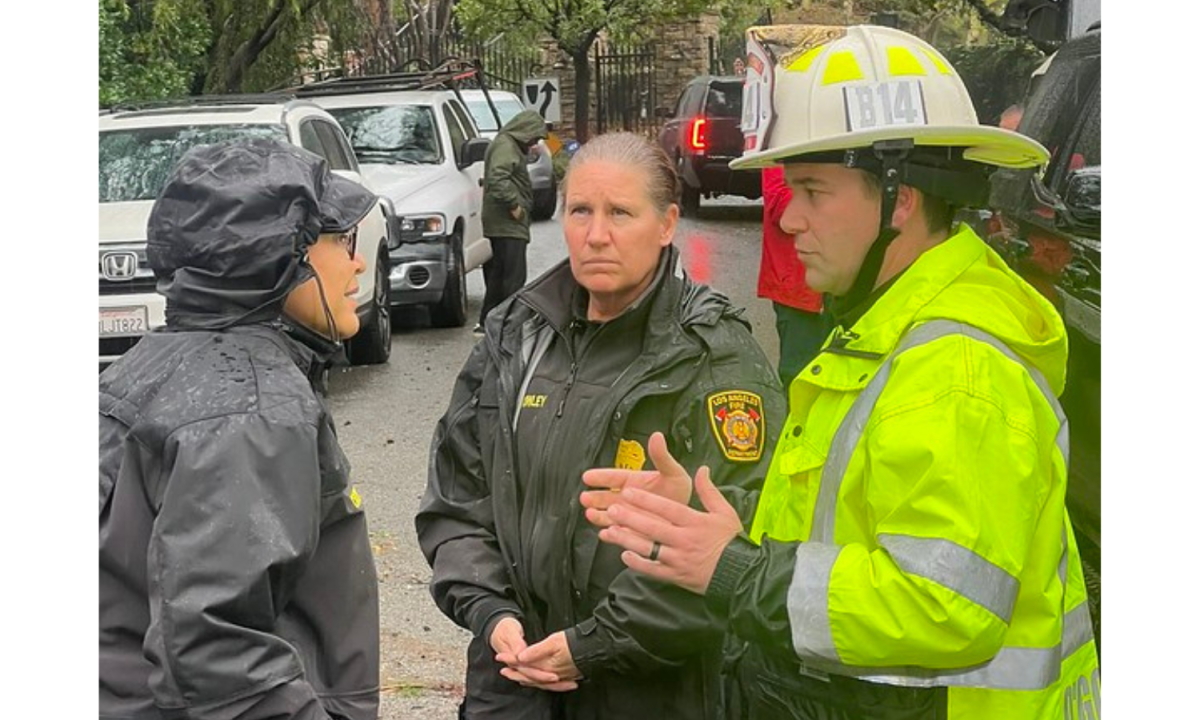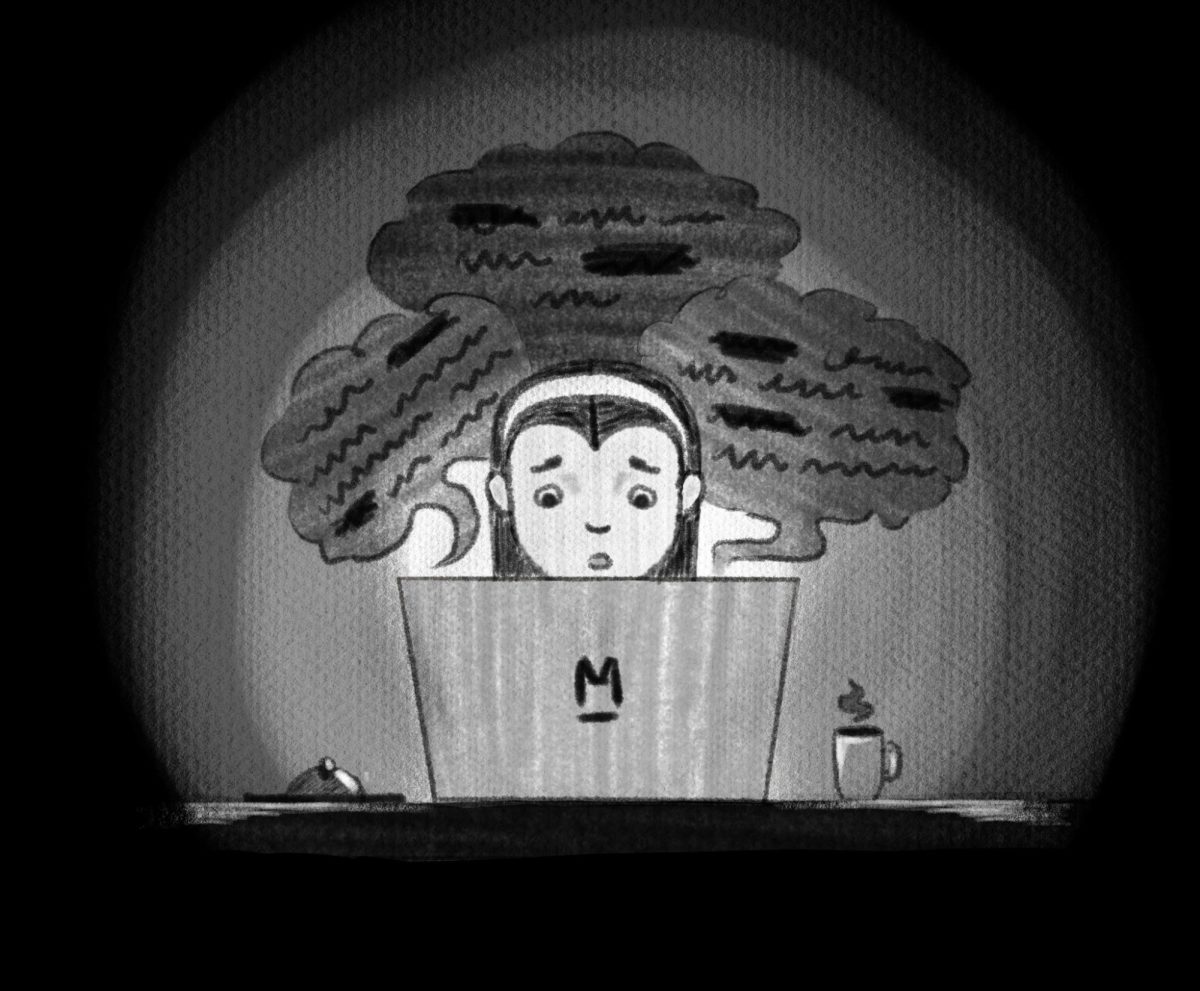As a twin conceived through in-vitro fertilization (IVF), the recent Alabama legislature concerning the legal status of frozen embryos poses a threat to the scientific achievement that gave me, my brother and millions of others lives.
In response to multiple cases brought to the Alabama Supreme Court regarding the wrongful destruction of frozen embryos, the court voted in favor of allowing parents to extend the right to sue over the wrongful death of a minor child to “extrauterine children.” Under this ruling, embryos fertilized through IVF and stored in cryogenic nurseries before implantation into a uterus have the legal status of a child.
Although the ruling effectively legally establishes embryos as children, it does not provide the groundwork for the possible legal implications of providing fertility care in Alabama. As of Feb. 25, three of the seven IVF providers in Alabama have paused treatments indefinitely due to potential legal consequences regarding the treatment of embryos.
“We are saddened that this will impact our patients’ attempt to have a baby through IVF, but we must evaluate the potential that our patients and our physicians could be prosecuted criminally or face punitive damages for following the standard of care for IVF treatments,” Hannah Echols, a spokesperson for The University of Alabama at Birmingham, said in a statement to NBC News.
While I understand the emotional distress the accidental destruction of an embryo may cause families, the Alabama ruling threatens the very process that could have allowed these families to produce a viable pregnancy from the embryos they had been storing. As two embryos awaiting implantation in a lab in 2007, my brother and I were not yet children, and although I owe my existence to the protection of those embryos, under no circumstances did they possess the legal stature of a child.
“I know that those multi-cell organisms we had created outside of my body were not children,” my mom said when asked about her experience with my conception. “They were a promise of things to come. They were full of potential, but not people. Not yet.”
Despite the ruling being specific to Alabama and facing backlash from both Democrats and Republicans, questioning the legality of fertility treatments on a state level can have ripple effects across the nation. Millions of women struggle with fertility issues, and gay couples rely on treatments such as IVF for the dream of creating a family. Instead of making it more difficult for deserving families to go through the already challenging and expensive process of IVF in hopes of one day having a child, I urge Alabama to prioritize science, humanity, love and the right to utilize modern medicine to its fullest potential.
“This ruling impacts all of us in ways that we don’t yet comprehend,” my mom said. “I will do whatever I can in my lifetime to fight for future parents’ rights to have a family in any way they choose.”












